The fourteenth Mormon Article of Faith is, as we all know: Ex-Mormons Are Offended. It’s never anything as complicated as a protracted moral struggle in which one tries to reconcile slippery doctrine with tangible reality and realises it can’t be done. Nope. Someone offends us, and we’re out the door.
But really, how can we help being offended when people define the term so broadly? Just recently, Boyd ‘Li’l Factory’ Packer gave this advice:
Around us we see members of the Church who have become offended. Some take offense at incidents in the history of the Church or its leaders and suffer their whole lives, unable to get past the mistakes of others. They do not leave it alone. They fall into inactivity.
See? It’s not that you can’t believe all the bizarro stuff in church history. It’s that you’re ‘offended’ by it. You’re supposed to let it go. Aaand pay tithing.
Wait — am I being offended by sloppy definitions? No. Just annoyed. But there are other things to get annoyed at.
An interesting story out of New Zealand. It seems the owner of a grocery store didn’t program the automatic door to stay closed for Good Friday. At 8:00, as usual, the doors opened with no staff inside. It took shoppers a while to realise the place was unmanned. What would they do?
About half paid for their groceries using the self-scan service, but that stopped working when someone scanned alcohol, which requires a staff member to check a customer’s age before the system is unlocked.
So a lot of people paid, even when no one was watching. We’re fair-minded beings. Some people didn’t. We’re self-seeking beings, too.
But one religious studies professor jumps to the conclusion that you need a god to be moral. How so? Because obviously all the true Christians were in church of Good Friday! Therefore all the cheaters were grubby secularists.
“The Christian Right have tended to think [that] without the Ten Commandments and God’s divining hand we would never have been able to develop a plausible and sustainable morality.
“This [Pak ‘n Save incident] is like some mad experiment, because you’ve sent off to church the religious and it’s the secular who have gone shopping on Good Friday … and you’ve put them to the test.
Given the proportion of Christians in prisons (though c.f.), I’ll wager there were a few in that store.
Also annoying is this column in which Ross Douthat mounts a defense of hell, which for some inexplicable reason appears in the opinion pages of the New York Fucking Times.
Doing away with hell, then, is a natural way for pastors and theologians to make their God seem more humane. The problem is that this move also threatens to make human life less fully human.
Atheists have license to scoff at damnation, but to believe in God and not in hell is ultimately to disbelieve in the reality of human choices. If there’s no possibility of saying no to paradise then none of our no’s have any real meaning either. They’re like home runs or strikeouts in a children’s game where nobody’s keeping score.
I don’t know why he’d imagine that eternal torture for some is what it takes to make life meaningful. I have noticed, though, that people who defend the doctrine of hell never think that they’re going there. Or maybe they know that fear does wonders in keeping believers in line. To hell with that.
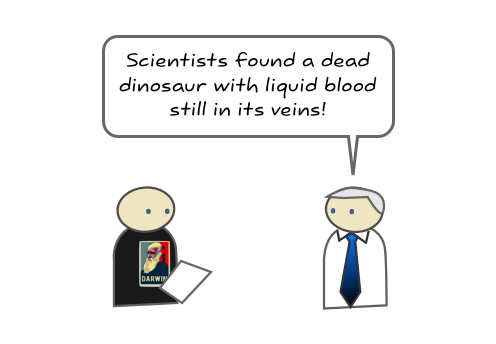



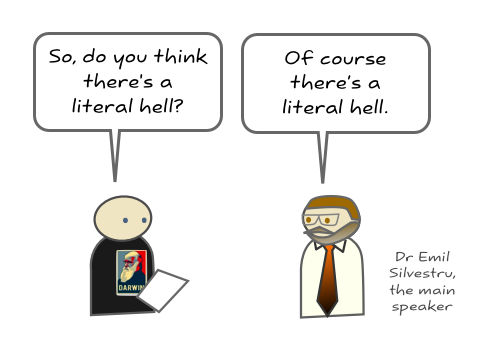
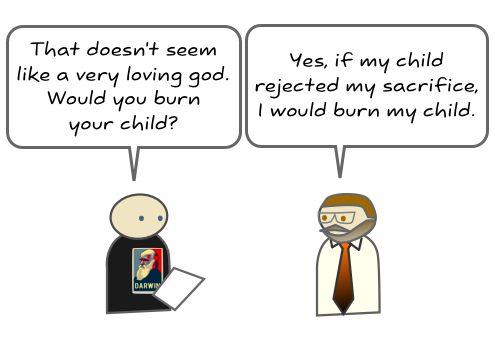

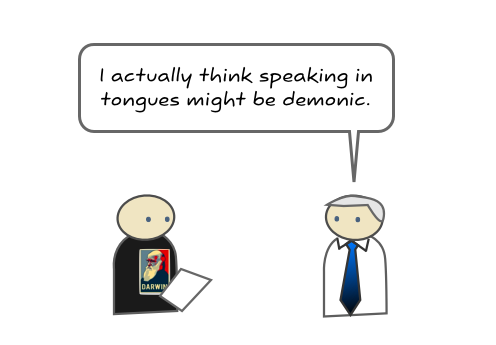

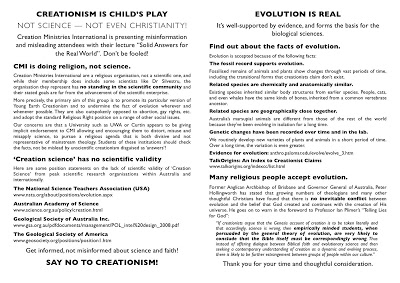


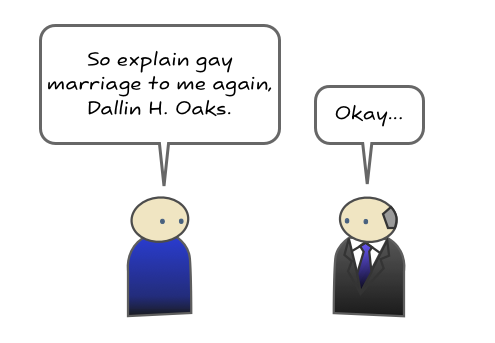


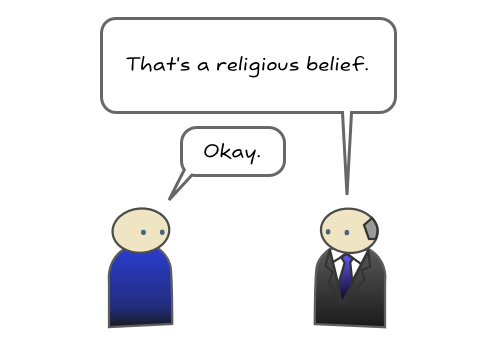
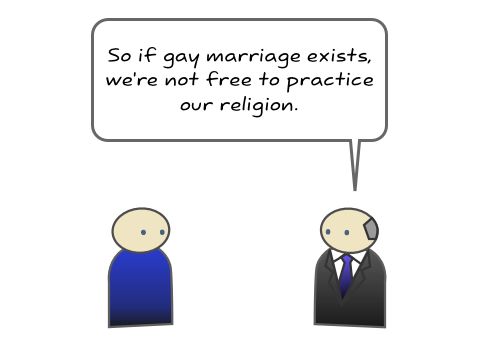
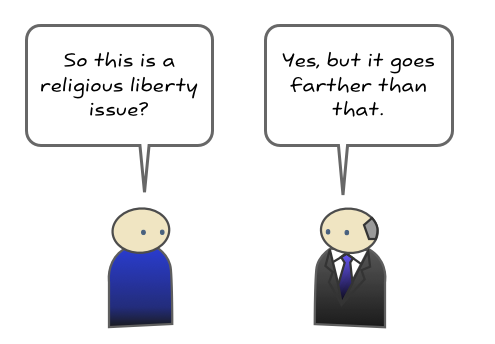



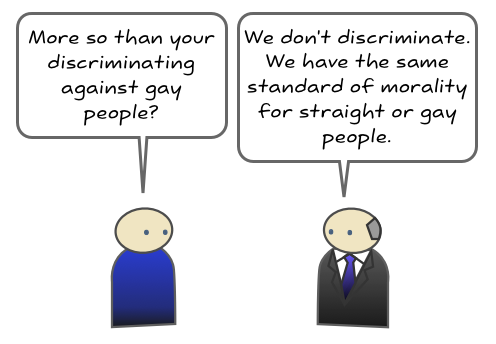


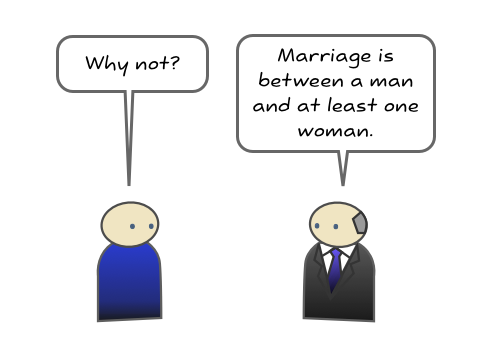


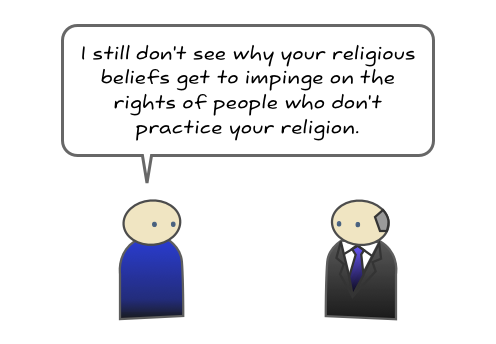
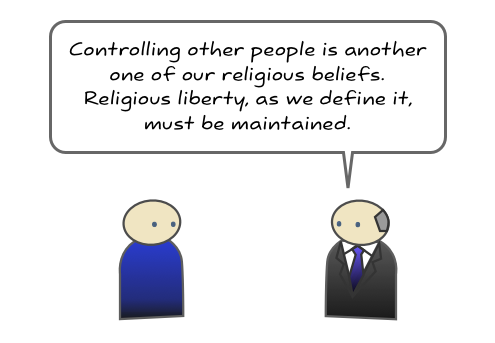
Recent Comments